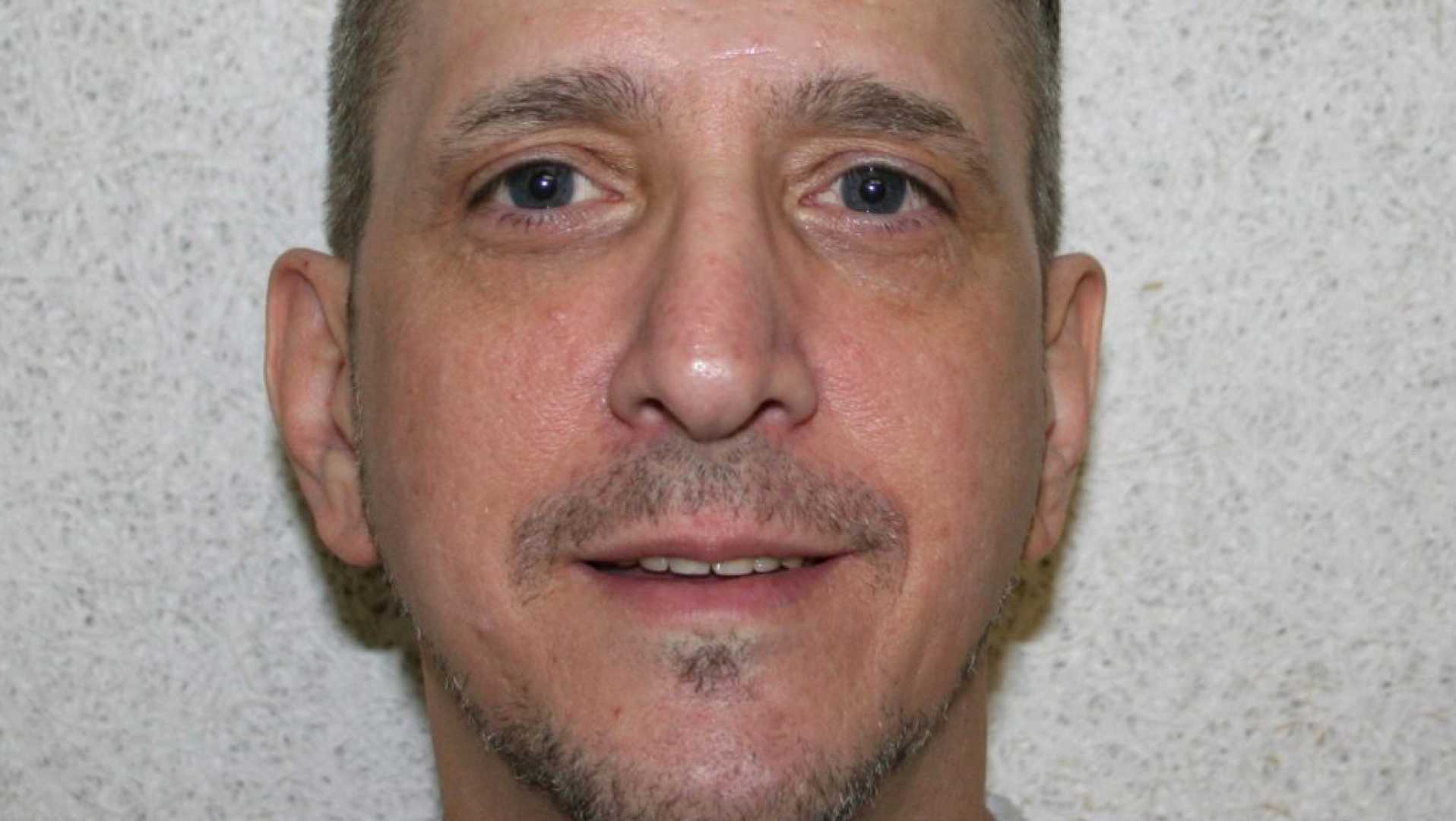News
Supreme Court Reviews Controversial Death Penalty Case of Richard Glossip

WASHINGTON — The United States Supreme Court deliberated on Wednesday over the controversial murder conviction of Richard Glossip, a death row inmate whose case has garnered significant attention due to claims of prosecutorial misconduct and false testimony by a key witness. The court is considering whether Glossip’s conviction should be overturned, as Justin Sneed, the state’s primary witness, has been alleged to have lied during trial proceedings.
The case, which has stirred debate, is notable for the rare stance taken by the Oklahoma Attorney General Gentner Drummond, a Republican, who has sided with Glossip’s defense. As per Justice Elena Kagan, Sneed, the central witness, was “exposed as a liar.” This acknowledgment has added a layer of complexity to Glossip’s appeal, now under Supreme Court review.
Richard Glossip, 61, was convicted for allegedly orchestrating the 1997 murder of Barry Van Treese, his boss at a motel in Oklahoma City where both were employed. Sneed, who committed the murder, testified that Glossip had hired him for the act. Sneed struck a plea deal that enabled him to avoid a death sentence, providing testimony that has since been contested due to new revelations about his mental health status, specifically his diagnosis of bipolar disorder, which he allegedly denied in court.
Drummond’s backing of Glossip is based on an investigation conducted into the case, which highlights the concerns about Sneed’s credibility and the withholding of exculpatory evidence by prosecutors. During oral arguments, Justices including Brett Kavanaugh indicated that Sneed’s previous undisclosed psychiatric treatment could imply a motive to fabricate testimony, stating that this information “creates all sorts of avenues for questioning his credibility.”
Despite Drummond’s findings and recommendations for revisiting Glossip’s case, the Oklahoma Court of Criminal Appeals upheld his conviction last year, and the state’s pardon and parole board denied Glossip clemency. The controversy extends further with letters from prosecutors Connie Smothermon and Gary Ackley, filed by Van Treese’s family, urging the court to preserve the conviction.
Chief Justice John Roberts and Justice Amy Coney Barrett have assumed pivotal roles in the court’s leanings, which otherwise displays a likely conservative bias against Glossip’s appeal. The court features a 6-3 conservative majority typically supportive of the death penalty but has historically intervened in cases of apparent judicial failures.
Justice Clarence Thomas expressed skepticism about the investigation’s thoroughness regarding the prosecutors’ involvement, noting that their perspectives were central to the proceedings. The deliberations could lead to Glossip’s case being remanded to state court for further evidentiary hearings.
The Supreme Court session on Glossip comes as the death penalty and its administration are under intense scrutiny amid a slew of death penalty appeals before the court. Recently, eight states, including Texas and Utah, have urged the court to uphold Oklahoma’s ruling, emphasizing state sovereignty over legal proceedings.
Justice Neil Gorsuch did not take part in the hearing, as he has previously recused himself due to his prior connections with the 10th U.S. Circuit Court of Appeals. A potential 4-4 decision would result in the upholding of the lower court’s ruling against Glossip, thereby influencing his prolonged appeal process spanning more than 25 years.












